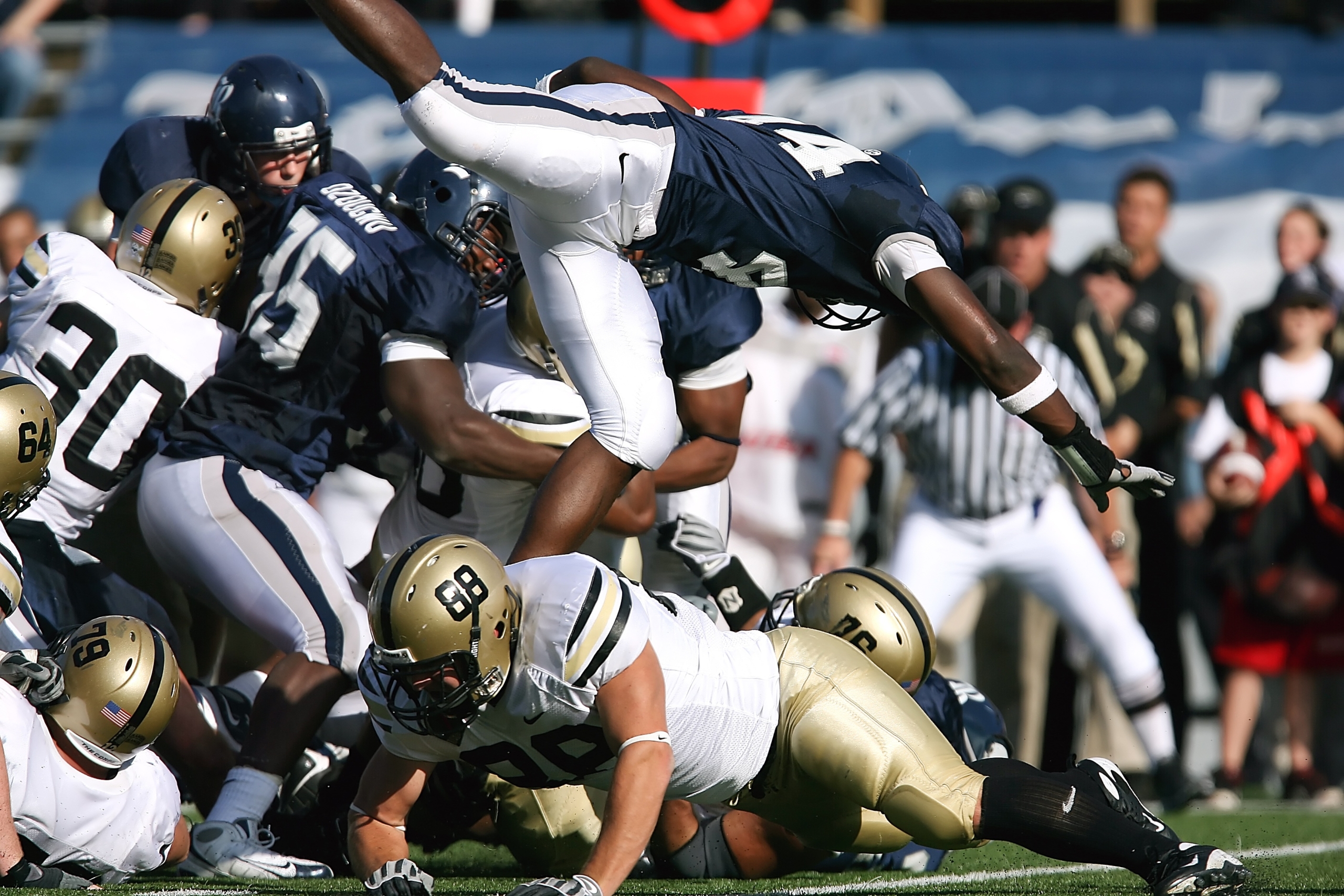Words can take a long time to work their way into a dictionary.
In 1983, a sportswriter for The Miami Herald wrote: “With the Tampa Bay Bucs getting off the schneid against the Vikings Sunday, the Oilers are the only winless team left in the NFL.”
According to Nexis, “schneid” appeared in American newspapers about 10 more times that decade, always in a sports context. (Keep in mind, though, that not every newspaper was being indexed by Nexis back then.)
ICYMI: News organization sets out ambitious Trump plan
“Schneid” showed up about 250 times the following decade, mostly in sports contexts, and more than 2,000 times in the decade after that, still nearly always in sports. And it continues to grow.
Yet if you looked in most dictionaries, you would not know what a “schneid” was. Will context help? Maybe.
“Tonight, the Cavaliers — who are 0-3 in conference road games — will try to get off the schneid when they play at Wake Forest at 7 p.m.,” a sports columnist wrote, making it clear that the Cavaliers had not yet won a road game. So does “schneid” mean winless?
But the Kansas City Royals were still in the baseball wildcard race when they were “Finally off the schneid,” as one report had it. They had not scored for 45 innings, but they had lots of victories. So does “schneid” mean a losing streak?
If it does, how does someone “get off the schneid a little bit with some big hits,” as Boston outfielder Andrew Benintendi was described as doing? Once you end a losing streak, it’s over, isn’t it? Or is “schneid” a slump?
ICYMI: How to make a magazine in 10 days
This is why dictionaries are helpful.
Merriam-Webster understands that, and just recently added “schneid” with the definition of “a losing streak (as in sports).” A “losing streak” can encompass a slump and winlessness, so all bases are covered. The dictionary says it’s chiefly US slang, and traces its first use to 1969.
But “schneid” has been around a lot longer than that. If you’re shut out in gin rummy, for example, that’s called a “schneid.” We’ve been getting “schneided” in gin rummy for at least 40 years.
In its original English appearance, “schneider” was used in a three-handed card game called “skat,” a bidding and contract game similar to bridge. The Oxford English Dictionary traces it to 1886, when someone with only 30 points had a “schneider.” In a little mind trick, if you had 91 points, you won a double game, called a “schneider,” because the opponents had a “schneider,” 30 points or fewer.
“Schneider,” of course, is also a proper name, and its German origins offer a clue on how it came to mean a bad score. Literally translated as “tailor,” the word “schneider” brought with it, M-W says, “stereotypes of the tailor as poor, miserable, timid, or the like, as reflected in such expressions as (armer) Schneider ‘poor wretch’ (literally, ‘poor tailor’), er ist ein Schneider ‘he looks like death warmed-over’ (literally, ‘he is a tailor’), and the like.” Luckily for sports, it seems to have lost the stereotype but kept the connotation of “loser.”
Other new words that M-W has added are also playing catch-up with usage, many having to do with food, like “Saigon cinnamon,” “bibimbap,” “froyo,” and “choux pastry,” all of which have been around at least 40 years.
We’re pleased to say that some of Merriam-Webster’s additions have already been featured here, like “onboarding” (which we still don’t like as a replacement for “hiring”) and “dog whistle” (which we still don’t like as a practice). Sometimes, it’s nice to not have a “schneid.”
ICYMI: The lesson journalists should take away from Sean Spicer’s rebranding
Merrill Perlman managed copy desks across the newsroom at the New York Times, where she worked for twenty-five years. Follow her on Twitter at @meperl.

